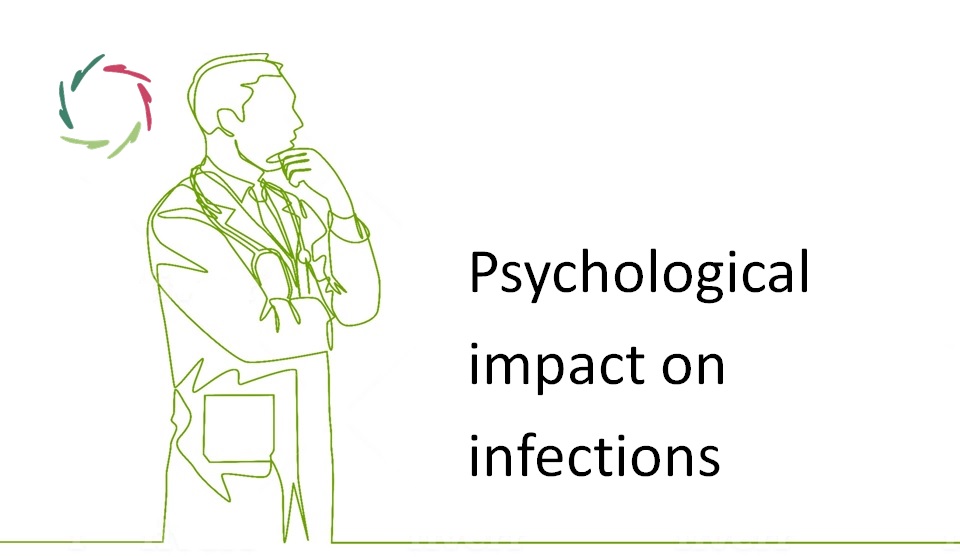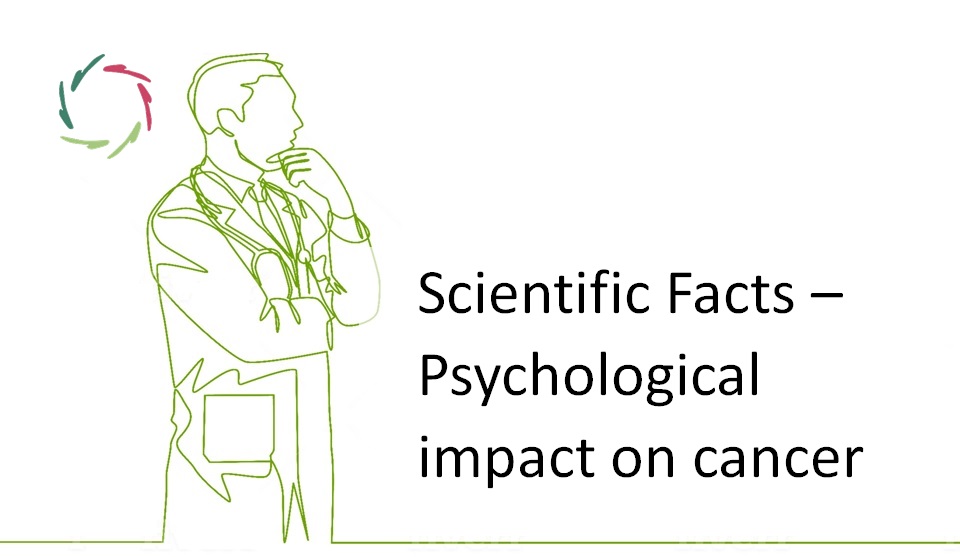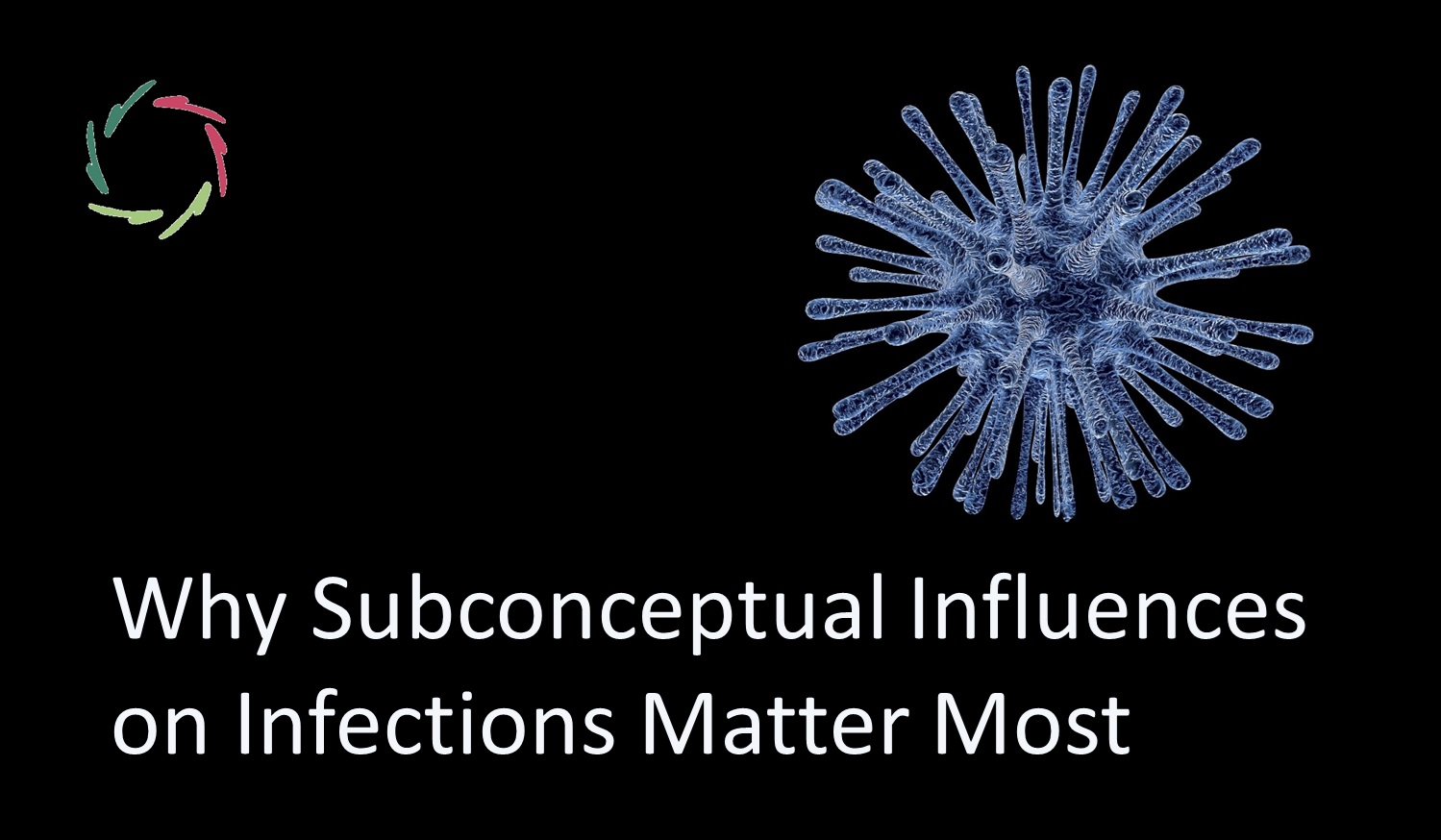Psychological impact on infections

In a prospective study with a hundred subjects, it was concluded that stressful events in life four times more frequently preceded than followed throat infections that had or had not been caused by streptococci [Meyer et al., 1962]. A large number of control-variables (under which sex, family size, history of allergies) showed no correlation with the number of throat infections but did show the degree of everyday chronic stress that was judged independently. Similar results were seen in a study with 235 subjects conducted by N. Graham et al. [Graham, 1986].
In a study by S. Cohen et al., 394 healthy subjects were infected with common cold viruses [Cohen et al., 1991]. In addition, 26 other test subjects received nasal drops without viruses. All subjects were then placed in isolation. ‘Clinical cold’ was defined as clinical symptoms in the presence of a nasal infection, checked on laboratory results. Psychic stress was defined as: the number of severely stressful life events in the past year; the extent to which a subject felt that he was unable or difficult to handle current requirements imposed on him; and an assessment of current negative emotions. The incidence (percentage of new cases of an illness occurring during a specific period) of succeeding head colds was directly connected (dose-response) to the degree of mental stress. A large number of other variables (such as age, sex, weight, alcohol consumption, education, diet, physical exercise, introversion/extroversion, season, and allergies) had no impact on this incidence.
A study by L. Temoshok et al. [Temoshok et al., 1990] made clear that mental factors such as an optimistic attitude may lead to slower progress from HIV-virus to clinical AIDS. Also, in a study by Blomkvist et al. [Blomkvist et al., 1994], an association was found between active-optimistic coping-behavior (behavior shown to resist a difficulty, an ailment, or stress) and a longer time of survival with AIDS-patients. In a 2005 study, psychosocial factors significantly contributed to the variance in AIDS progression as assessed through CD4 number and viral load change in a diverse sample, accounting for adherence [Ironson et al., 2005]. A 2009 review reveals a robust relationship between adverse psychosocial factors and HIV disease progression [Chida et al., 2009]. A review from 2009 suggests a profound role for bereavement in mediating AIDS progression [Goforth et al., 2009].


